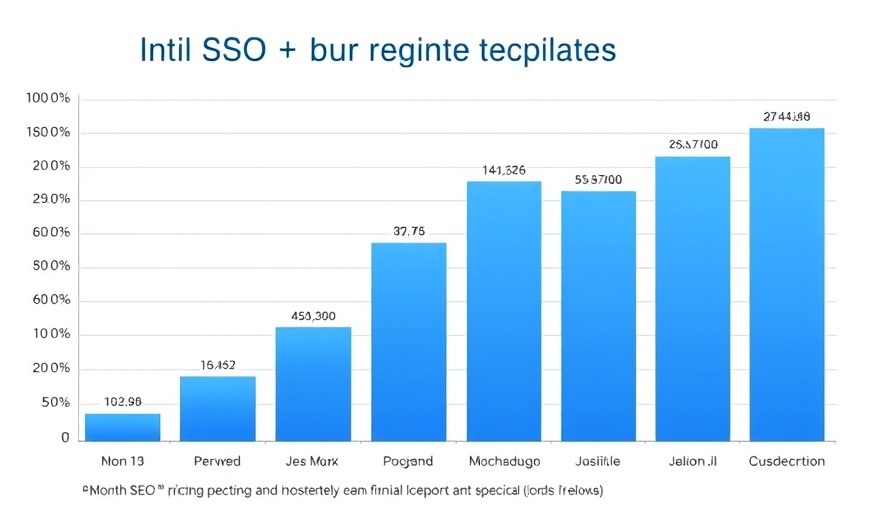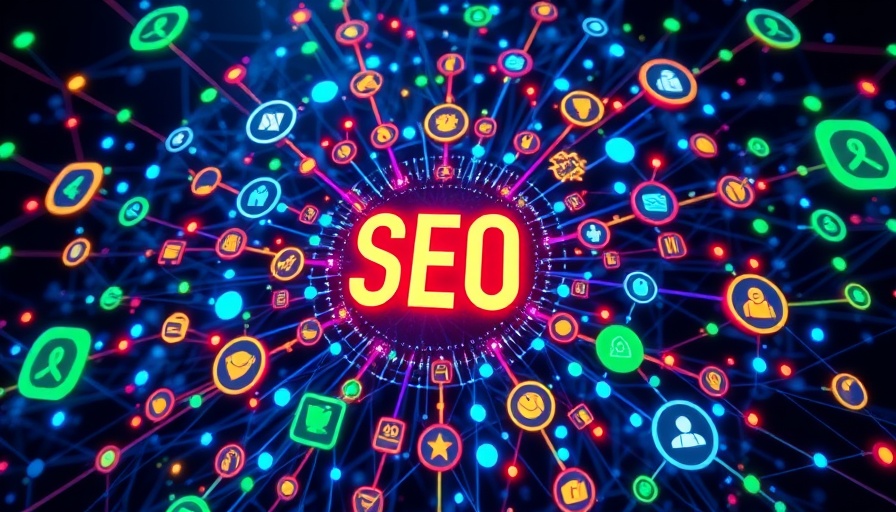
Understanding SEO Pricing Dynamics: What to Expect in 2025
In the ever-evolving landscape of digital marketing, SEO pricing is a subject that continues to generate interest and debate. By delving into how much SEO services are projected to cost in 2025, small business owners and marketers alike can better prepare for future investments in their online presence. This comprehensive exploration offers essential insights into the factors driving pricing structures, helping agencies and clients navigate their way to optimal strategies.
Popular Pricing Models: A Closer Look
SEO agencies primarily operate through monthly retainers, a model embraced by 53% of surveyed agencies, balancing consistency with client satisfaction. Such retainers typically range from $500 to $1,000, offering a predictable revenue stream while accommodating the varied needs of clientele. Yet, this pricing model is not alone—hourly and project-based rates remain viable options, underscoring the versatility agencies maintain to tailor services to diverse consumer demands.
Regional Pricing Variations and Influences
One intriguing takeaway from the survey is the significant variance in pricing strategies across different geographic regions. Agencies in North America tend to charge more than their European counterparts, highlighting a regional disparity particularly evident in hourly rates. For instance, 40% of agencies in the US and Canada exceed $125 per hour, a stark contrast to just 6% of European firms doing likewise. This disparity reflects localized economic factors, such as varying costs of living and operational expenses, compelling agencies to adjust their pricing accordingly.
Factors Behind Rising SEO Costs
As the industry advances, agencies are confronting inflation and elevated living costs as principal drivers behind impending price hikes. This is coupled with enhanced expertise and extended service offerings, which require agencies to recalibrate their fee structures to reflect the increasing value they deliver. Notably, many agencies are incorporating technologies like AI-driven platforms into their service arsenal, which adds an additional layer of complexity and, consequently, cost. In fact, 61% of agencies plan to include AI optimizations, either within their current suite of services or as standalone offerings, which could further reshape traditional pricing models.
Future Predictions and Trends in SEO Pricing
Looking towards the future, the landscape of SEO pricing is poised for further evolution as trends such as Artificial Intelligence Optimization (AIO) and enhanced data analytics become more prevalent. With 43% of agencies revealing intentions to integrate AIO into their existing services, the average monthly fee for such advanced offerings is projected to hover around $937. Larger agencies, in particular, are expected to set higher benchmarks as they grow, with a notable 70% of agencies with over 25 employees charging premiums across their services. This trend not only underscores the intrinsic link between agency size and pricing but also highlights a growing acceptance of premium strategy implementation as a gateway to superior digital marketing outcomes.
Adapting to the Changing SEO Landscape
For small business owners and marketers, understanding and adapting to these shifts in SEO pricing can unlock new opportunities for growth and market engagement. By leveraging the insights from this survey, businesses can harness the power of SEO more strategically, ensuring that they not only stay competitive but also thrive in a rapidly changing digital environment. Agencies offering bundled services are paving the way for more comprehensive marketing solutions that align with evolving client expectations and technological advancements, thus enhancing service value and fostering loyalty.
 Add Row
Add Row  Add
Add 




Write A Comment